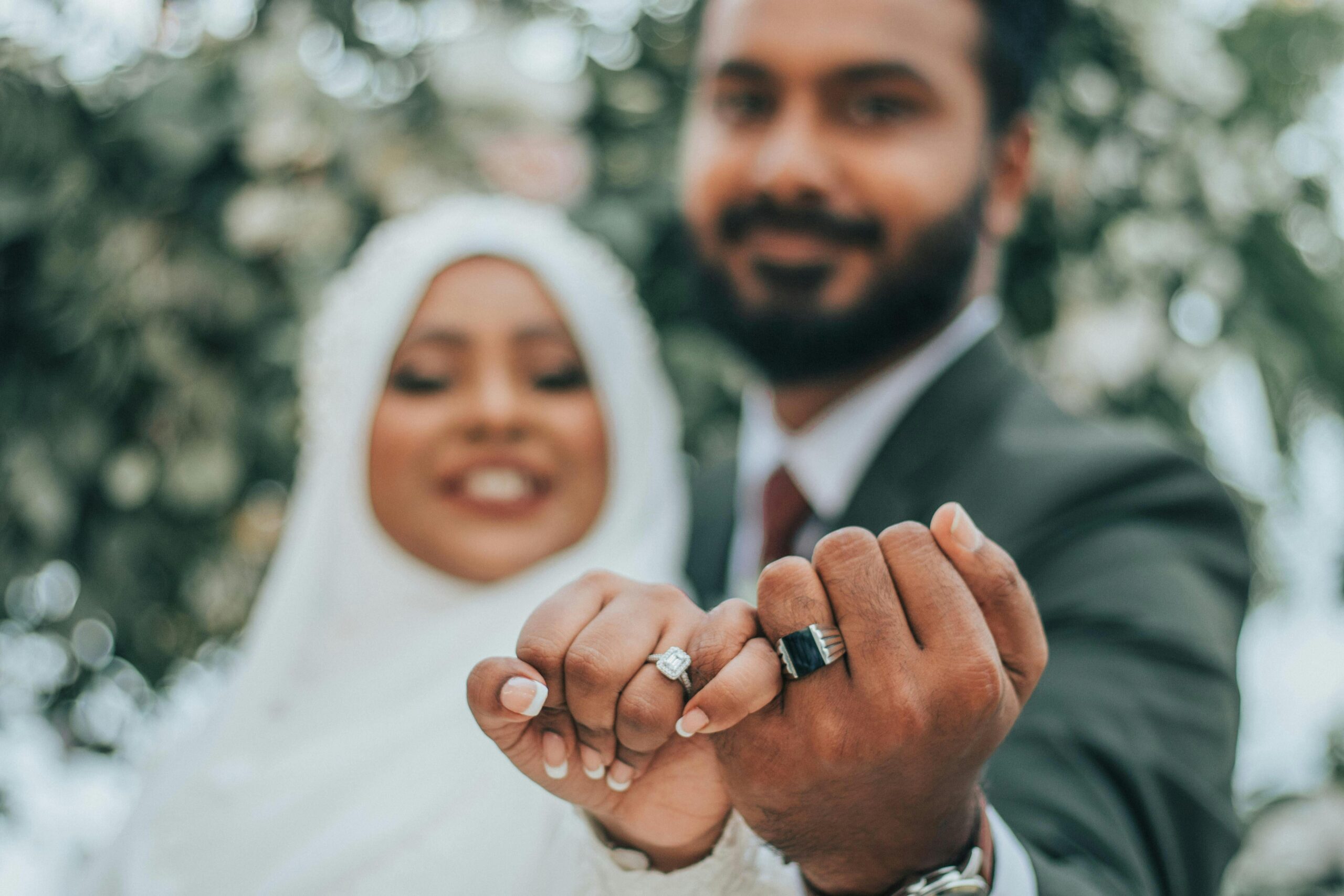This article was produced as part of an Inclusive Journalism Microcredential offered by New Canadian Media and Seneca Polytechnic. Learn more here.
In today’s digital age, as young Muslims seek compatible partners who not only share their values and beliefs but also their religious and cultural backgrounds, the landscape of dating has undergone a transformation.
One app that’s making a foothold in Canada is available at Muzz.com, which says it has 10 million users world-wide and has resulted in more than 500,000 “successes” around the globe.
Salams is also available in Canada. It has three Canadian portals aimed at users in Montreal, Toronto and Mississauga. There are other apps, as well, which say they have a global reach, including muslimmatch.com, mawada.net, and muslima.com, to name just a few.
Muzz app CEO Shahzad Younas offered insights into his platform’s unique features and its mission to foster meaningful connections within the Muslim community. “We are the world’s biggest Muslim marriage app,” Shahzad told New Canadian Media.
“We have already done a few billboard campaigns actually in Canada,” he noted, highlighting their efforts to reach and serve Muslim immigrants in the country.
The Muzz app was designed with the specific needs and desires of Muslims in mind. Shahzad emphasized their role as pioneers in the Muslim matchmaking space enabling users to maintain privacy and safety while communicating with potential matches.
However, for users such as Halima, whose name has been changed to maintain anonymity, the world of Muslim-centered dating apps can be challenging. “I was using it, but I have deactivated it as of December last year,” she said in a candid conversation with New Canadian Media.
Her decision stemmed from encountering several challenges within these platforms, including overwhelming match requests and negative encounters that took a toll on her mental health.
The initial allure of apps such as Muzz, promising a matrimonial space for serious-minded individuals, was soon overshadowed by the reality of encountering users who did not share the same intentions. “I thought it was like a matrimonial site, a place for Muslims who were serious about marriage,” Halima confessed. “But I found that there is a whole wide variety of people who are absolutely not serious.”
Halima’s experience is not unusual. In fact, it’s estimated that as many as 1-in-10 profiles on some dating apps are completely fake. And, in the United States, the FBI has repeatedly warned about dating scams, saying that it’s estimated that some 19,000 people – mostly women over 40 – were bilked out of $739 million US in 2022 alone.
However, Muzz has a safety and privacy centre, with multiple tips and suggestions for users.
It also has multiple filters, which allows for various choices based on preferences and religious beliefs.
It also has several identity-confirmation features, such as Selfie Verification, SMS confirmation, and location checks. In addition, users can verify their ID by submitting a passport or driver’s licence. Those users get a blue “tick” to show they have taken these steps.
Shahzad highlighted Muzz’s commitment to fostering a positive and uplifting experience for users, with a focus on facilitating meaningful connections beyond mere matchmaking. “Our mission is transforming how Muslims meet and marry,” he explained. “And I think of any platform out there, we’ve probably had the biggest impact of anyone.”
One of Muzz’s notable features is its inclusivity, offering multilingual support in 15 languages to cater to its diverse user base, Shahzad said. Additionally, the platform is equipped with advanced safety measures, including a dedicated team to address reports of inappropriate behavior and ensure a secure environment for all users.
However, Halima voiced concerns about the platform. “I have encountered folks that are just quick to grab the number just to kind of have conversations. And then those conversations turn into like they feel like they are exploiting you,” she lamented.
Despite the challenges, Halima emphasized the importance of connecting with potential partners who shared her religious and cultural background. “Religion is extremely important to me,” she emphasized. “I would not want to marry anyone outside of my religion.”
Somya Lohia, a seasoned journalist with over eight years of reporting and editing experience, embarked on a new chapter in her career by moving from India to Canada last year. Her journey in journalism began in India, where she contributed her expertise to renowned media houses like Hindustan Times, Times Now, The Financial Express, and Moneycontrol. Somya's passion for journalism lies in amplifying the voices of people, shedding light on their issues and concerns. During her professional journey, she has covered many social and political events and interviewed several Indian celebrities. In her downtime, she enjoys photography.
Muzna is a journalism student at the University of Toronto and is an aspiring investigative journalist. She currently lives in Scarborough and focuses on reporting stories about visible and marginalized communities. Her favourite medium to work with is audio.



